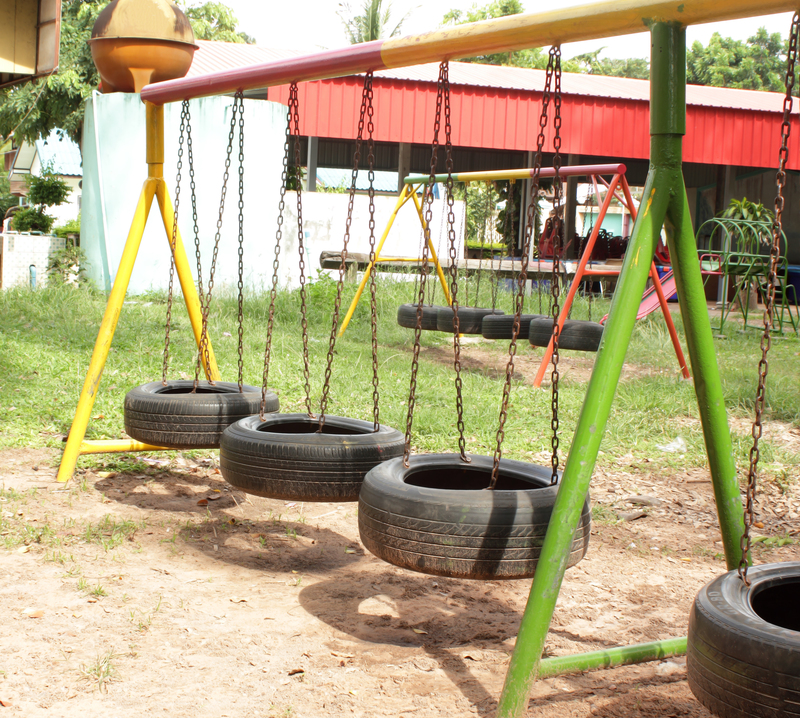In today's world, embracing eco-friendly practices is no longer just an option; it's a necessity. As awareness around climate change and environmental degradation grows, homeowners are seeking ways to make their living spaces more sustainable. This article will guide you through various methods to enhance your home's eco-friendly potential, saving energy, money, and the planet.
Why Eco-Friendly Homes Matter
Creating an eco-friendly home reduces your carbon footprint and decreases pollution and waste. Furthermore, sustainable homes often have lower energy bills, use materials that are healthier for those living there, and can even increase property value. Understanding why this shift towards sustainability is imperative can motivate the changes you implement in your dwelling.
Environmental Benefits
Reducing your home's environmental impact is one of the most significant advantages of going green. Sustainable practices reduce greenhouse gas emissions and conserve natural resources, helping combat climate change.
Economic Benefits
Many eco-friendly improvements can lead to considerable savings in energy costs over time. By investing in energy-efficient appliances and systems, you can see a significant return on investment through reduced utility bills.
Health Benefits
Beyond financial savings and environmental impact, an eco-friendly home can foster a healthier living environment. Green materials reduce exposure to pollutants and toxins, improving indoor air quality.

Top Ways to Make Your Home More Eco-Friendly
Here, we explore practical, cost-effective solutions to transform your living space into a haven of sustainability.
Upgrade to Energy-Efficient Appliances
- ENERGY STAR Appliances: Opt for products that boast the ENERGY STAR label--they meet strict energy efficiency guidelines set by the government.
- LED Lighting: Consider replacing traditional incandescent bulbs with LED versions, which use significantly less energy and have a longer lifespan.
- Install Smart Thermostats: These devices help optimize energy use by adjusting heating and cooling based on your schedule and preferences.
Incorporate Renewable Energy
One of the most impactful changes is integrating renewable energy sources into your home.
- Solar Panels: Installing solar panels can substantially reduce reliance on traditional electricity. With the added benefit of tax incentives, the upfront cost can be mitigated.
- Wind Turbines: If your location permits, small wind turbines can be an efficient way to generate power.
Improve Insulation and Seal Leaks
Ensuring that your home is properly insulated and sealed can reduce heating and cooling costs. Consider these areas:
- Windows and Doors: Use caulking or weather-stripping to close any gaps.
- Attic and Walls: Add or replace insulation to keep temperatures stable.
Use Sustainable Materials
Building or renovating with sustainable materials can lessen your environmental impact significantly. Some options include:
- Bamboo Flooring: Bamboo is a highly renewable material that offers durability and a stylish look.
- Recycled Metal: Consider using recycled steel for structural elements.
- Low-VOC Paints: Use paints with low volatile organic compounds (VOCs) to reduce indoor air pollution.
Water Conservation Techniques
Water is a critical resource, and conserving it should be a priority. Implement these suggestions to manage water use:
- Low-Flow Fixtures: Install low-flow toilets, showers, and faucets to reduce water usage.
- Rainwater Harvesting: Implement a system for collecting and using rainwater for gardening and non-potable uses.

Engage in Eco-Friendly Practices
Beyond physical upgrades, promoting eco-friendly lifestyle habits can significantly impact your home's sustainability.
Reduce, Reuse, Recycle
Adopt a mindset that focuses on reducing waste. Recycle materials, compost organic waste, and try to purchase products with minimal packaging.
Cultivate a Green Garden
Growing your own vegetables and herbs can reduce the carbon footprint associated with transporting goods to grocery stores.
- Composting: Create a compost bin for organic waste to enrich your garden, reducing chemical fertilizer use.
- Xeriscaping: Consider drought-resistant plants for landscaping to reduce the need for constant watering.
Smart Home Technology
Technology can assist you in maintaining an eco-friendly home. Here's how:
- Automated Systems: Leverage smart system technologies to control lighting, heating, and even water usage. This not only conserves energy but provides convenience as well.
- Energy Monitoring Tools: Install devices to monitor and manage your home's energy consumption effectively.
Conclusion
Maximizing your home's eco-friendly potential involves a blend of enhancements and lifestyle changes. The initial investments in technology, materials, and energy-efficient appliances can result in substantial savings and a healthier environment. As homeowners, embracing these practices not only sustains our planet but also enriches our lives. Begin your journey towards an eco-friendly home today and enjoy the many benefits it will bring.